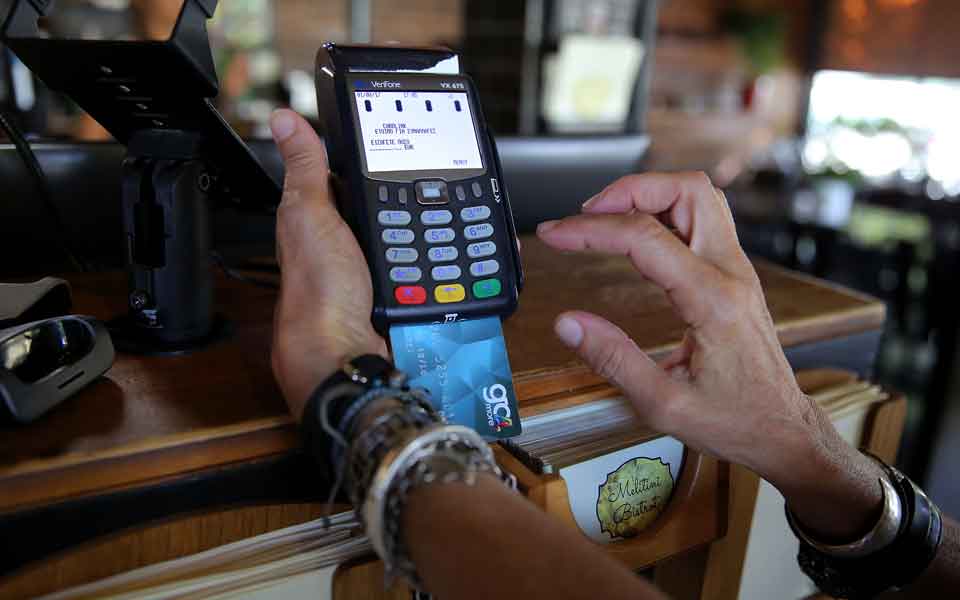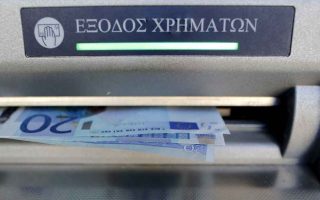Required online payments to rise

Taxpayers will have to increase their annual transactions made via credit/debit cards or e-banking by up to 50 percent, or face a hefty fine that will depend on the level of their income.
Kathimerini understands the regulation that will raise the minimum amount of online transactions toward the tax-free amount will be submitted to Parliament at the start of 2019.
Finance Ministry officials argue that the processing of income tax declarations in 2018 (concerning 2017 incomes) indicated that some 80 percent of taxpayers had made more card or e-banking transactions than they had to. They say this shows that the current thresholds for making the tax-free ceiling are particularly low and do not correspond to the volume of electronic transactions taxpayers make every year.
The government’s plan provides for the amendment of the existing brackets, with the necessary online transaction limits ranging from 10 to 20 percent of each annual income (depending on the level of earnings) and the introduction of higher requirements.
Although the new requirements have not yet been fixed, as of mid-January the minimum online receipt amount taxpayers must record is expected to be as follows: 15 percent of incomes up to 10,000 euros (from 10 percent today), 20 percent of incomes from 10,001 to 30,000 euros (from 15 percent), and 25 percent for incomes over 30,000 euros (from 20 percent), with the maximum amount required at 30,000 euros.
Therefore, while a taxpayer earning 10,000 euros per annum has to make online transactions of at least 1,000 euros today, this will likely be raised to 1,500 euros. Earners of 20,000 euros currently need to make e-banking or card payments of 2,500 euros, but this will grow to a minimum of 3,500 euros. Similarly a taxpayer earning 40,000 euros per year who now has to pay 6,000 euros online will as of next year have to pay at least 8,000 euros electronically.
The law dictates that each salary worker, pensioner or farmer will secure a tax discount of 1,900-2,100 euros (depending on family status) if they reach the necessary online payment threshold. If the limit is not reached, the difference will be taxed at a 22 percent rate.





